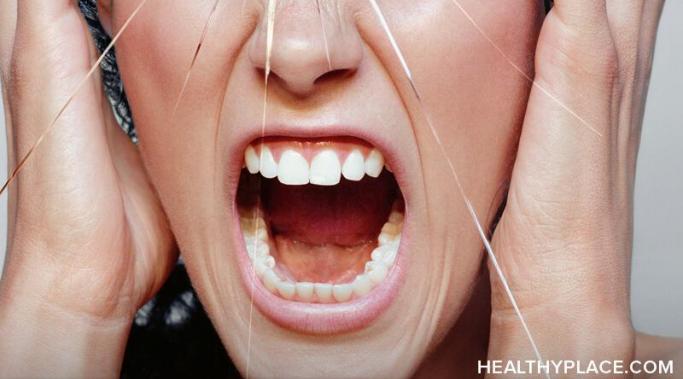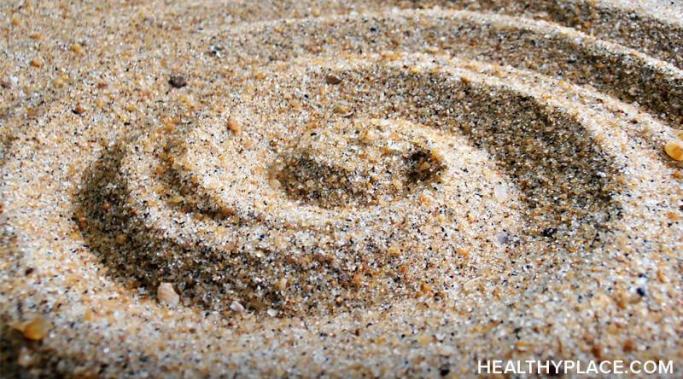In the time I've spent recovering from binge eating disorder and disordered eating, I've learned how to start over in recovery. I've probably had to "start over" in binge eating recovery 1000 times. Starting over so many times has taught me how to forgive myself and look at myself with eyes of understanding.
Binge Eating Recovery
Symptoms of exhaustion and burnout can be obvious or subtle during binge eating disorder (BED) recovery, especially during the holidays. It's important to recognize your signs of burnout so you can navigate stressful times without neglecting to take care of yourself.
The holiday season seems to put pressure on indulging in big meals and celebrating with people you haven't seen in a while. These holiday traditions also disrupt one's routine, which is helpful to have in recovery. The pressure and disruption of the holiday season can cause elevated stress and discomfort around food, especially if you are in binge eating disorder (BED) recovery.
Most of my thoughts and beliefs about recovery focus on what I can integrate into my routine to help me change harmful patterns. I practice observing my patterns, which manifest in many ways. I observe how I react to stress, how I listen and respond to others, and how I think about myself and others. This is a lot to observe and try to change, and lately, I'm narrowing my focus on my ability to show myself compassion in recovery.
I've been leaning into the practice of mindfulness lately, and the daily practice is helping me learn to accept my life situation at this moment as it is. Mindfulness helps me stay focused on what matters to me instead of slipping into eating disorder behavior when I am feeling sad, afraid, or angry. Mindfulness is helping me through binge eating disorder recovery.
I'm currently changing my routine of constant busyness to a routine that includes more rest and more time in stillness. I'm spending more time alone in silence to practice observing my thoughts. I've only just begun to practice, and I've noticed how often my thoughts tend to revolve around food and eating. It's almost like I can't stop thinking about food. I'm at a stage now where I'm ready to lean further into eating disorder recovery, and I can learn from observing the thoughts I observe that revolve around food.
I recently bought a deck of cards full of question prompts, and one of the first question cards I drew was, "What is your vice?" The answer that surfaced for me was familiar: food. I will always be conscious about food, even in times of ease in my recovery. Sometimes this reality is frustrating, and I envy the people around me who seem to enjoy food without stress or guilt. I also learn about the depths of myself from the healing process. The lessons I've taken from binge eating disorder remind me that there's always more to uncover about myself and eating disorders like binge eating disorder (BED).
Suicide is difficult to talk about, yet, most of us have experienced suicidal thoughts or grief in the wake of suicide or suicide attempt. Even though we can never fully understand the depths of someone else's experience, it's important to acknowledge how universal experiences with suicide are. September is Suicide Prevention Awareness Month, and the purpose of acknowledging suicide is to push through silence and discomfort to remind each other we are not alone. (Note: This post contains a trigger warning.)
It's true that binge eating disorder (BED) has held me back, taken up mental space, and belittled my self-esteem. It's also true that experiencing and recovering from BED has also been a catalyst for my growth. When I feel frustrated with BED recovery and having to think about food more than the average person, I try to remember and be grateful for what this binge eating disorder recovery process has taught me about my values and the bigger picture.
We all experience cycles or patterns of behavior that we want to change. Those of us who have experienced binge eating disorder (BED), or eating disorders in general, know the pain and frustration that is felt when you are trapped in a cycle of disordered, destructive eating. It is especially frustrating when you try to recover and leave behind your old cycles and patterns and you realize you're still stuck in a binge eating cycle.









